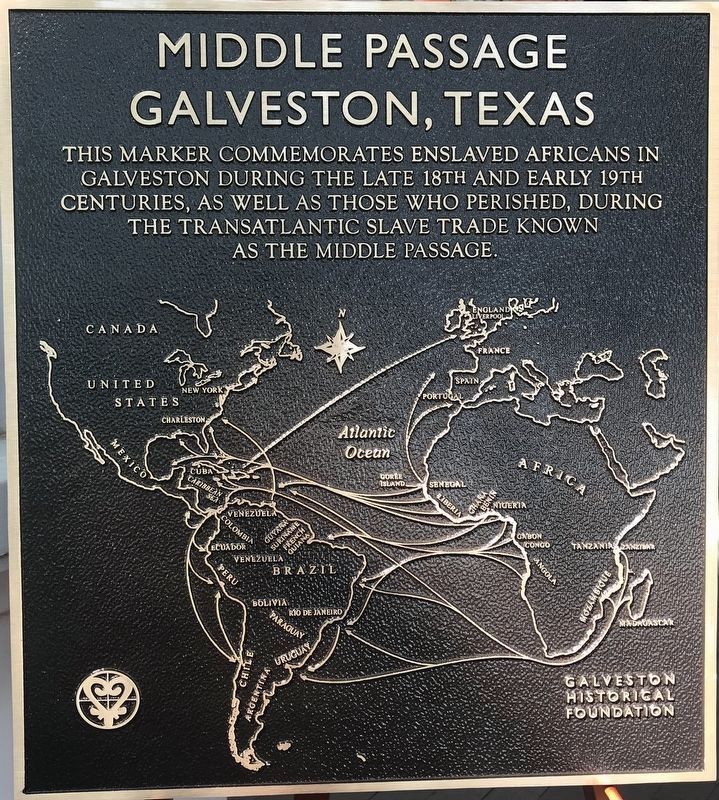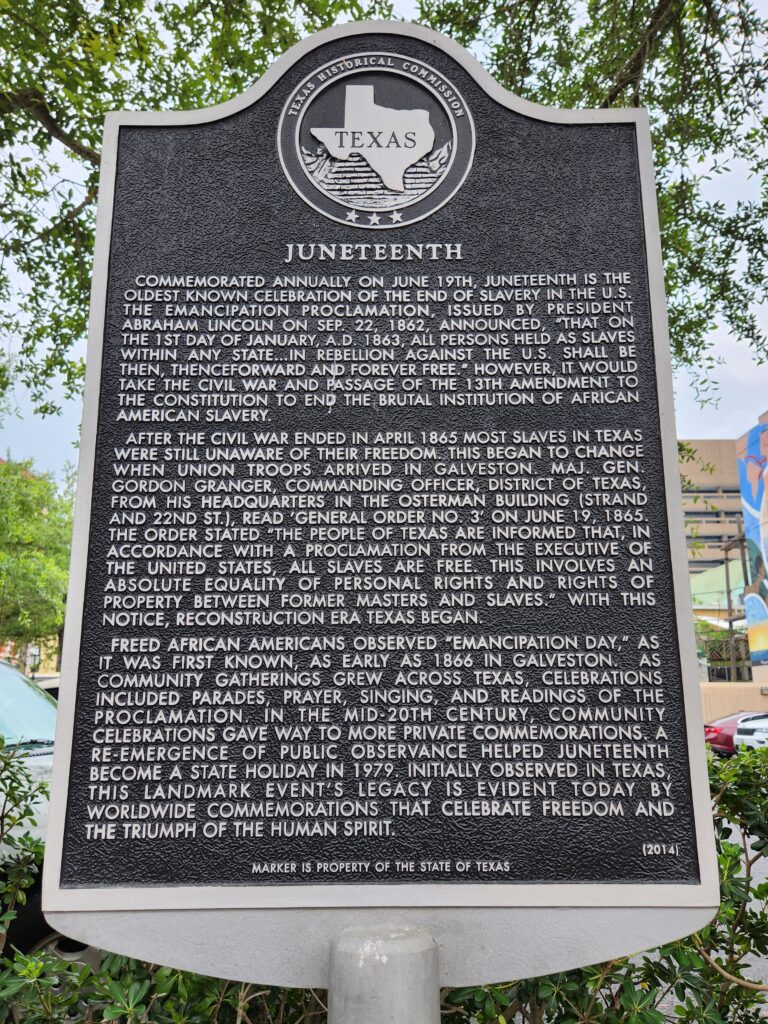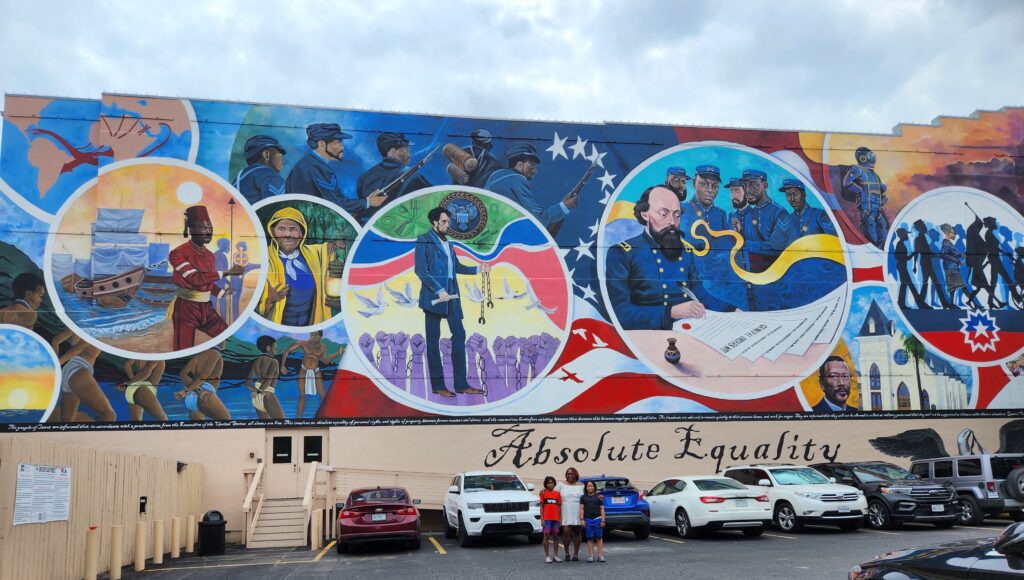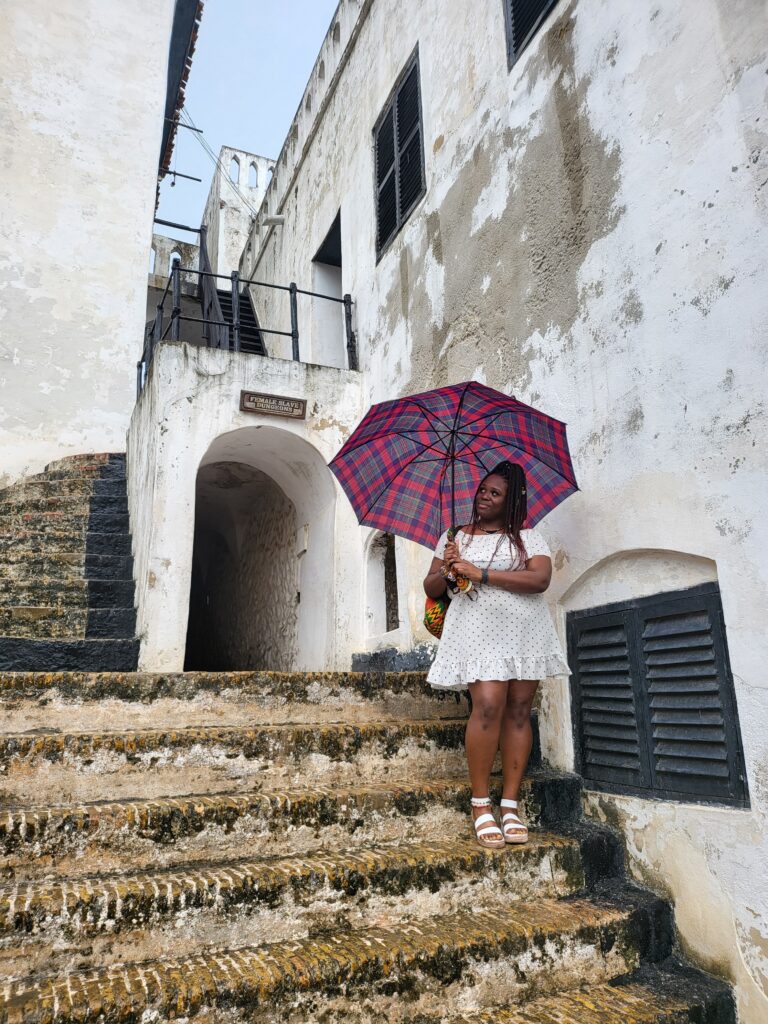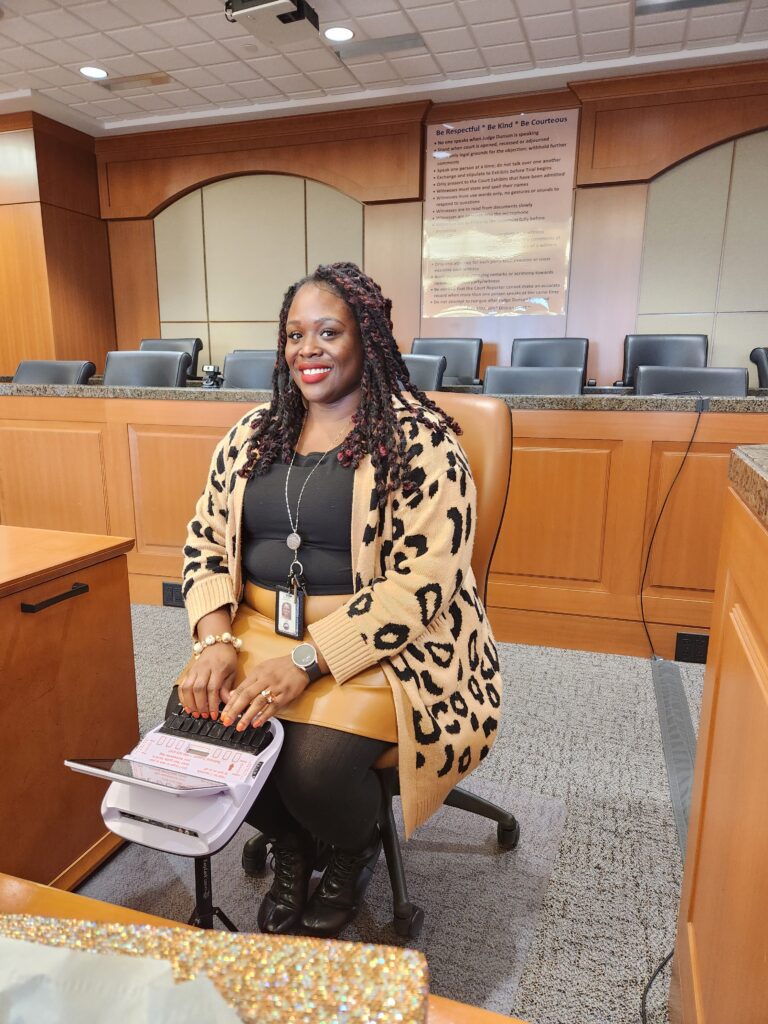As we embark upon celebrating Juneteenth, the newest federal holiday in the United States, Margary Rogers, RPR, CRI, an official court reporter and CART captioner in Washington, D.C., asked one of her Texas steno friends, Mekailah McChriston, RPR, if she could write about the history of Juneteenth and how she connects it with being a Texas stenographic reporter.
By Mekailah Lenora McChriston
Ironically, at this exact time nine years ago, I actually considered giving up on my dream of ever becoming a Texas Certified Shorthand Reporter. I had never felt so defeated in my life. It was my seventh attempt at taking the skills portion of the CSR exam which was to take place in Galveston, Texas.
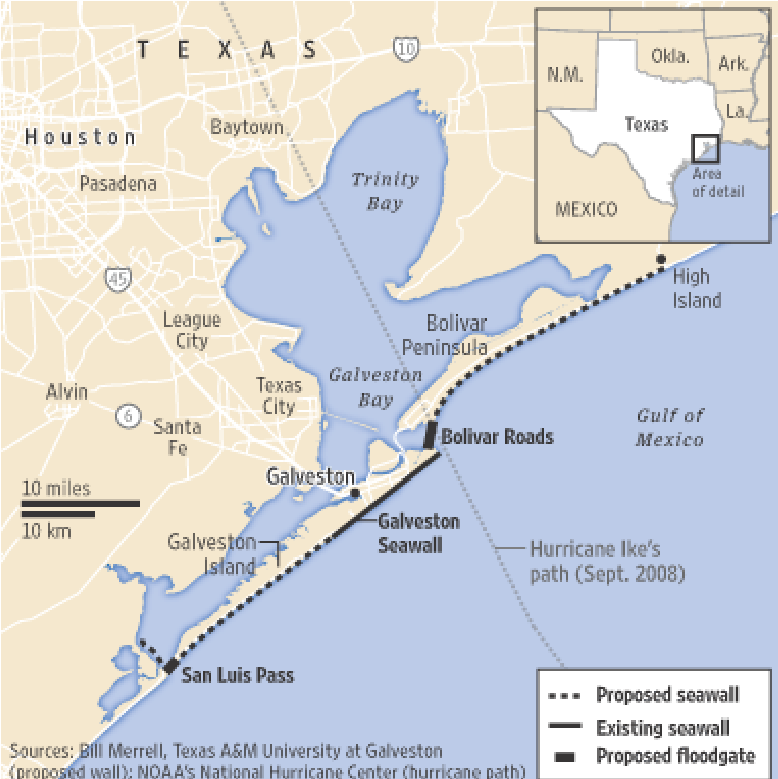
Galveston is a sand-barrier island on the southeast coast of Texas and the Gulf of Mexico located just 50 miles south of Houston
I remember telling myself that if I don’t pass the test this time, it was just not meant to be. I was discouraged because I had taken the skills exam so many times before, passing the Literary and Jury Charge portions every time but barely missing the Testimony portion. And here in Texas all legs of the exam must be passed in one sitting. Also, I was nervous about making that 300-plus-mile commute from Arlington to Galveston all by myself. I was 23 years old and had never driven that far alone.
My late mother was sick at the time, but she would constantly reassure me that I was meant to be a court reporter. I will never forget her telling me to drive down to Galveston solo and in complete solitude with no music playing and to use that time to pray and connect with my ancestors, and that’s exactly what I did. And needless to say, I earned my Texas CSR that day. And not only did I earn the certification I had been apprehensively fighting to achieve, but I also gained so much unexpected wisdom and understanding of myself.
That weekend while visiting Galveston for the first time, I discovered what’s known as the “Middle Passage.” The Middle Passage is the triangular route that originated during the transatlantic slave trade to transport millions of African slaves by ship from West Africa all the way to North America, Central America, and South America. Galveston was the largest slave port west of New Orleans. And if you visit Galveston, Texas, now you will find many freighters that are still using these routes to trade by ship today.
During my short trip I also learned about the celebration and significance of Juneteenth or what’s also known as “Freedom Day” or “Emancipation Day.” I was born and raised in Texas and have lived here my entire life and had never been taught in any school the importance of this monumental event that occurred right here on U.S. soil not far from my home.
On June 19, 1865, Major General Gordon Granger, who had fought for the Union, led more than 2,000 federal soldiers to Galveston to make the profound announcement that the Union had won the Civil War and that the end of slavery was finally being enforced. This happened two and a half years after President Abraham Lincoln passed and announced the official Emancipation Proclamation. So for more than two years, the African Americans in this region of the country had no idea slavery had been abolished thus coining Juneteenth “America’s Black Independence Day.”
Before the reading of the general order, many of the slave owners in Confederate states simply chose not to tell their slaves about the Emancipation Proclamation because they didn’t want to honor it. Even after Gen. Granger left Galveston, there were still over a quarter million slaves who were not immediately freed. So many slave owners refused to give up free labor. Most wouldn’t release their slaves until they were forced to. Some would wait until the harvesting season was complete while others just outright refused to submit. And the slaves who were freed or attempted to free themselves were attacked and killed.
Ascertaining this profound information inspired me to trace my family lineage back to life before slavery, and sure enough, my genealogy report ties me directly to Senegal, Ghana, and Nigeria. I’ve been blessed with the opportunity to visit Cape Coast and Elmina castles in West Africa, which are the largest castles that held enslaved people before transporting them here to the Americas. And for almost a decade now my family and I have been regularly celebrating Juneteenth every year and were so relieved and excited when President Joe Biden signed the bill in 2021 deeming Juneteenth an annually recognized federal holiday.
They say hindsight is always 20/20. Who knew that, on my journey to become a court reporter, I would acquire knowledge of so many facts about myself and my family history here in this country? Who knew it would take me seven years to finish school and get certified? Who knew that seven years after obtaining my cert I’d be randomly selected to move to Houston and work as an official reporter in Harris County, the most diverse city in the country? Who knew this steno quest would challenge me so much, and not just on the steno machine, but also spiritually, intellectually, and emotionally?
The Harris County Civil Courthouse where I work is located just two miles from Emancipation Park. In 1867, former slaves saved up $1000 to purchase land that they devoted specifically to Juneteenth celebrations because many slave owners barred Black people from celebrating in public spaces. Nevertheless, Black people found a way to celebrate, educate, and uplift one another. They would use these gatherings to help newly freed slaves by teaching them their voting rights, how to read and write, and how to develop and maintain businesses.
Once in a blue moon on my lunch break, I drive over to Emancipation Park, walk over to the Black-owned Soul Food Vegan Restaurant directly across the street, and then take my food and eat under a tree at the park by myself just to commemorate the hardships that my ancestors endured. I’m so grateful for this profession because court reporting literally helped me dig deep to find my true self. More than a century ago my ancestors fought hard to make a living on the very soil that I stand on every day. I take so much pride in my work as a stenographer because I’m so appreciative of those who paved the way for me so that I am able to earn a six-figure salary in a profession that I truly love and enjoy.
So, yes, all the failed tests were worth it. All the sleepless nights from working two jobs while going to school were worth it. All the endless practicing was worth it. Graduating from court reporting school and having to re-enroll just to obtain my statement of proficiency so I could continue to test was all worth it. And if I had to do it all over again, I wouldn’t change a thing because steno has assisted me in grasping all that I am. I’m so grateful for this profession and can honestly say that stenography will forever be my first love.
Mekailah Lenora McChriston, RPR, is an official court reporter in Spring, Texas. She can be reached at mekailahm@gmail.com.

